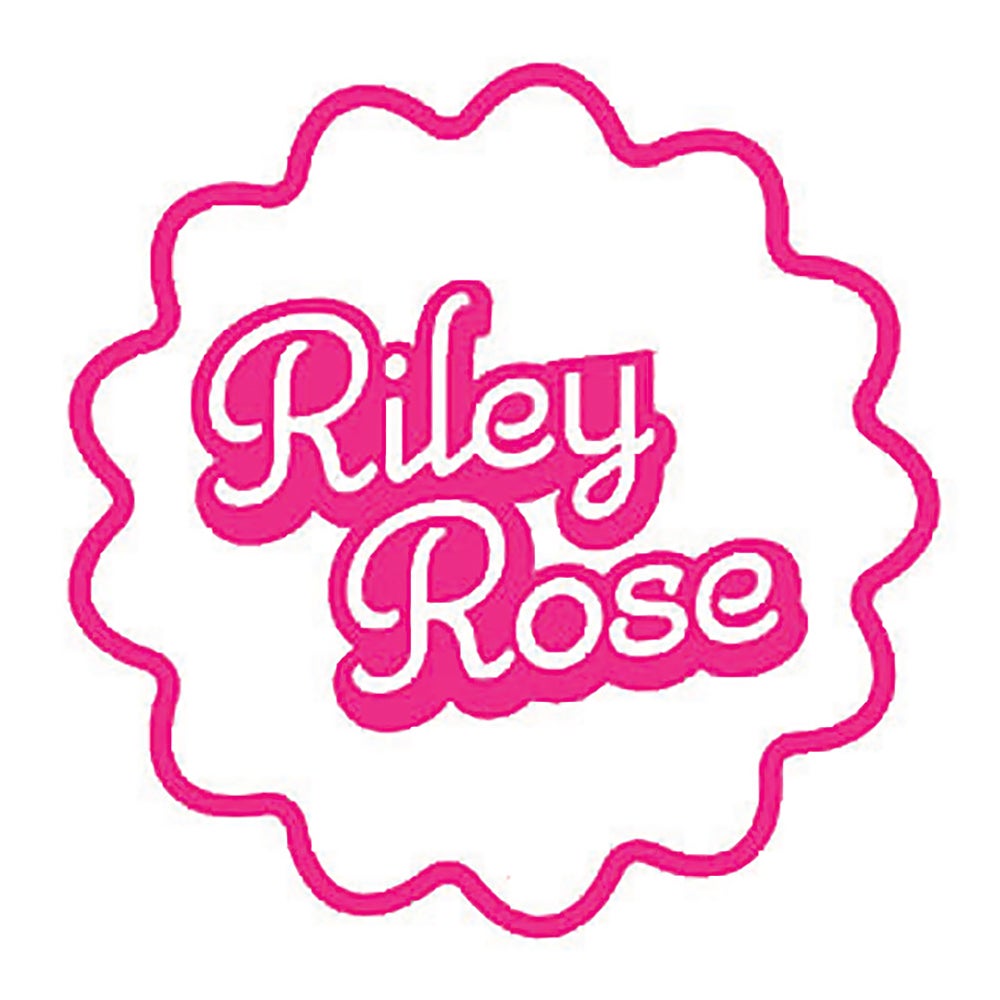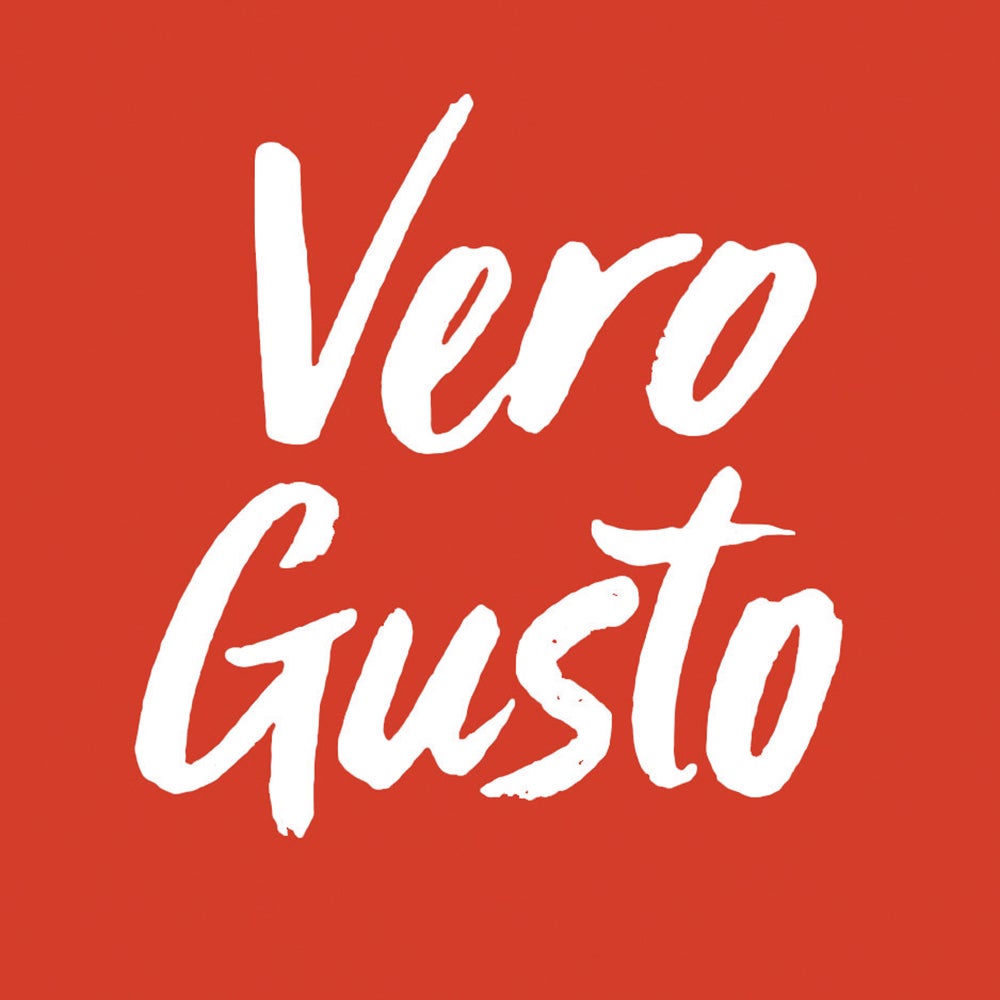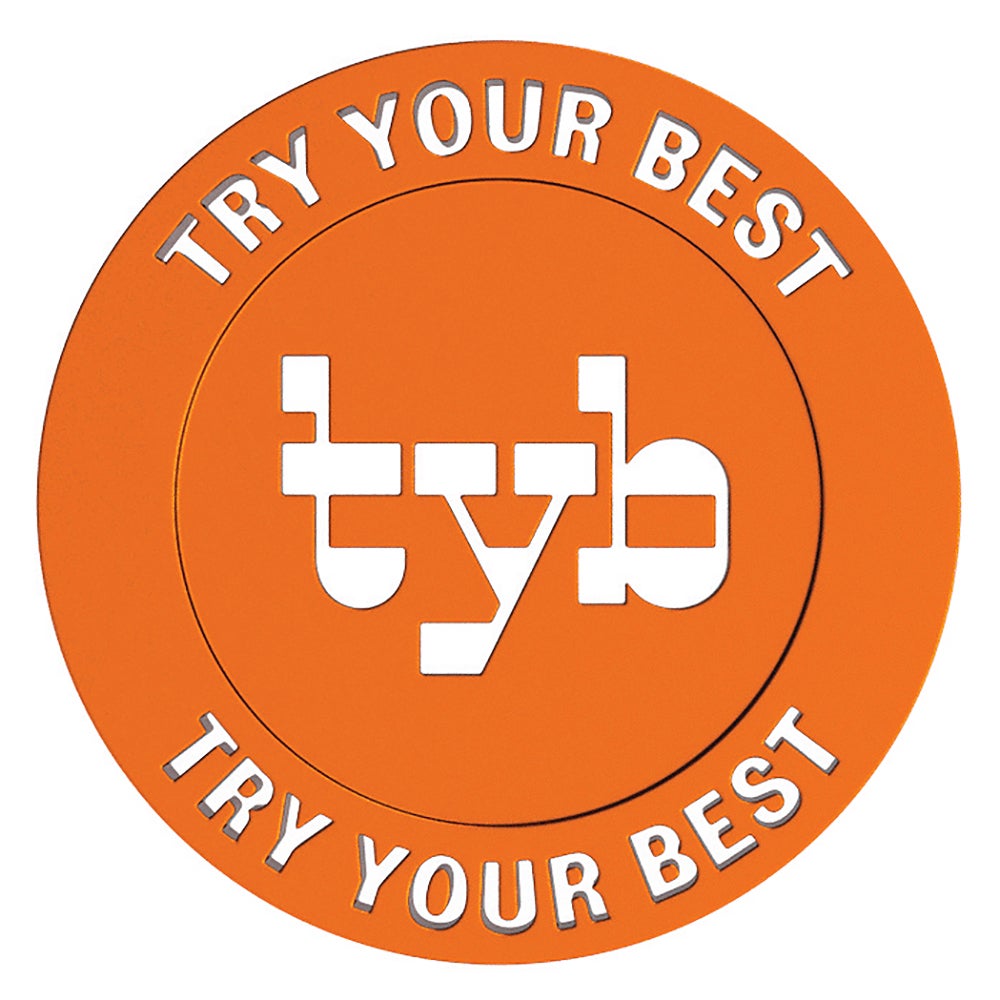He Names Brands for Amazon, Meta and Forever 21, and Says This Is the Big Blank Space In the Naming Game
Naming specialist Ragen Alexander says that companies often get stuck thinking they must have a few popular qualities in a brand name. But they’re missing big opportunities to capitalize on language in other ways.
This story appears in the March 2023 issue of Entrepreneur. Subscribe »
There’s no one perfect name.
That’s the first thing that Ragen Alexander tells his clients. He’s worked with Amazon, Meta, Verizon, MetLife, Forever 21, Honda, and many other major brands, and he’s often in the position of delivering the tough news that no name can accomplish everything. “You can’t have something that’s super concise and telegraphic and feels really familiar and comfortable while also representing out-of-the-box thinking and innovation,” he says. “Each name comes with its own set of pros and cons, so it’s really about determining the greatest opportunity for you.”
Also, naming trends come and go. For a while, everyone wanted short and literal names. Or one-word names with missing vowels. Or names with the word “my” in them. But with language, there are so many other possibilities. Here, Alexander offers three fresh ways to think about names — along with existing brands that illustrate the strategies.
Related: 9 Steps to Craft a Perfect Business Name

Clarity through abstraction.
When brands want descriptive names (like, say, Policygenius or The Home Depot), they miss opportunities to use language on multiple, intuitive levels. Case in point: Forever 21 hired Alexander to help name a new cosmetic line, and as they discussed the brand’s audience, he had an “aha!” moment. “They were saying, ‘Well, she is this and she is that.’ And then someone in the room piped up and said, ‘And sometimes she is he or they!'” They told Alexander that some of the hottest YouTube makeup tutorials were being conducted by teenage boys. “Gender fluidity is a big reality now, especially in the younger generations,” he says. So he crafted a name that channeled the zeitgeist: Riley Rose. “While the name doesn’t explicitly state ‘all-genders-welcome beauty products,’ it achieves a balance of masculinity and femininity and reflects the brand’s inclusive nature.”
Related: Branding Is More Than an Accessory: It’s the Foundation of Any Business

Names from another time (or place).
Sometimes, the most powerful words come from a time or place far away. If relevant to the brand, other languages can be a great source. In one case, the Italian food brand Barilla asked Alexander to name a pasta sauce it was selling in the U.S. His solution: Vero Gusto. It means “true taste” in Italian, but resonates in English because “vero” shares a Latin prefix with English words like “verify” (and looks a little like “very”), while “gusto” is also an English word meaning “enjoyment.” “So the phrase is subconsciously received by most audiences as ‘very enjoyable’ and made with ‘true enthusiasm,'” Alexander says. If you don’t have an authentic connection to another culture, Alexander suggests pulling from bygone languages with global significance, like Greek or Latin. He points to Abacus Group, an IT service provider for investment firms, named after the ancient, beaded counting tool. “Old words carry loose but beneficial associations.”
Related: Need to Generate a Business Name? Here’s How to Get it Right.

Claim a familiar phrase.
English is full of familiar three-word phrases — so why can’t they be brand names, too? The Web3 loyalty program brand Try Your Best is a good example. Alexander didn’t name that one, though; he says many of his clients worry a three-word name won’t have enough ease-of-recall. “But if it’s a cohesive phrase that people are used to seeing or hearing,” he says, “it will stick in their minds as if it were a single word.” A few examples he suggests are For the Win (“expresses ambition and tenacity”), Right Back Atcha (“signals mutuality and strong relationship-building capabilities”), In Light Of (“could signal new information that is changing how we think about an industry, or perhaps a news outlet”), and Well I Never (“quaint, and brings to mind a Southern belle”). Another big plus for this strategy: It creates new opportunities to use common words in an ever more competitive trademark environment.
There’s no one perfect name.
That’s the first thing that Ragen Alexander tells his clients. He’s worked with Amazon, Meta, Verizon, MetLife, Forever 21, Honda, and many other major brands, and he’s often in the position of delivering the tough news that no name can accomplish everything. “You can’t have something that’s super concise and telegraphic and feels really familiar and comfortable while also representing out-of-the-box thinking and innovation,” he says. “Each name comes with its own set of pros and cons, so it’s really about determining the greatest opportunity for you.”
Also, naming trends come and go. For a while, everyone wanted short and literal names. Or one-word names with missing vowels. Or names with the word “my” in them. But with language, there are so many other possibilities. Here, Alexander offers three fresh ways to think about names — along with existing brands that illustrate the strategies.





